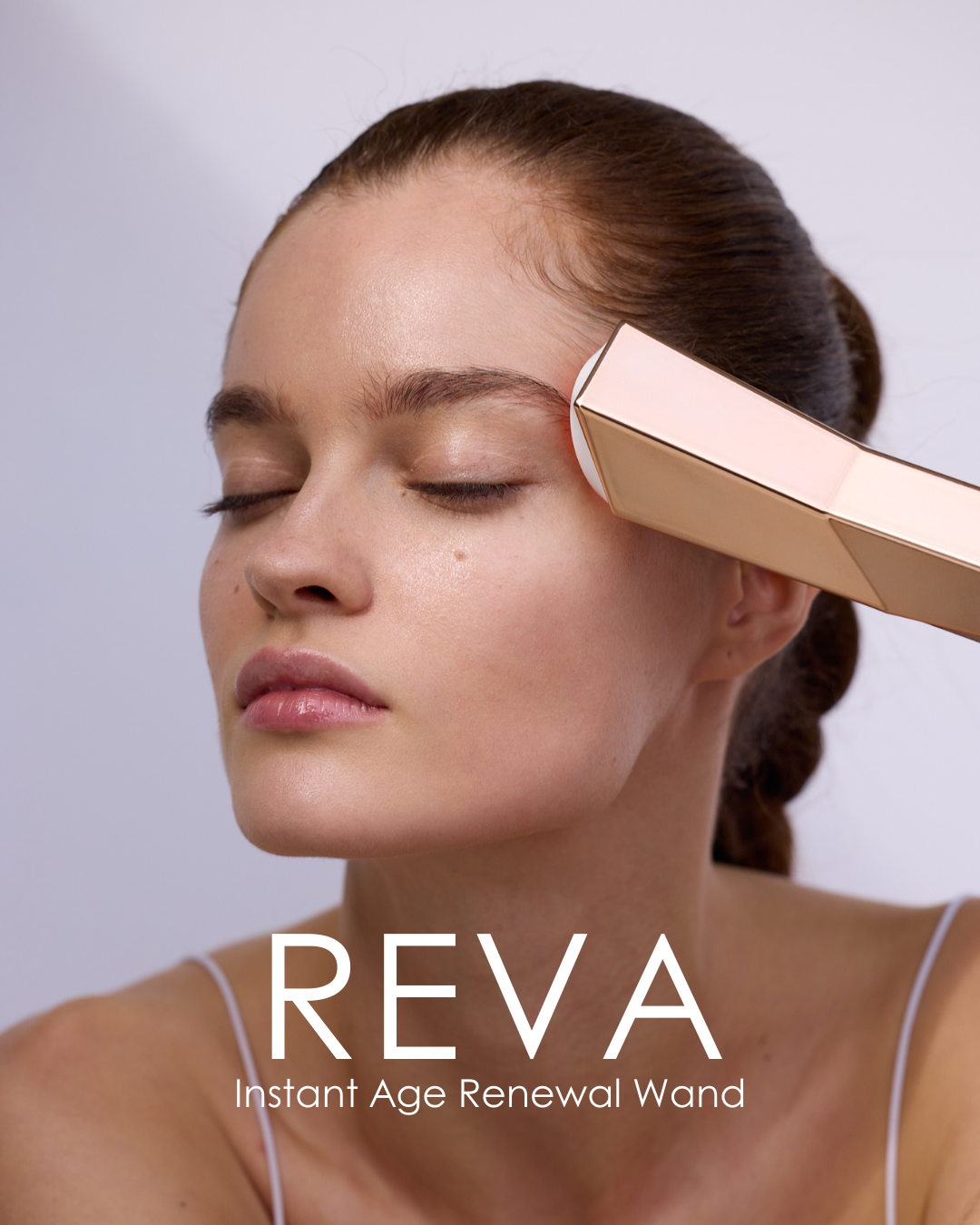Article: How to Restore Your Skin Microbiome?

How to Restore Your Skin Microbiome?
IN THIS ARTICLE:
What Does Your Skin Microbiome Actually Do?
What Disrupts the Skin Microbiome?
What Happens if My Skin Microbiome Is Unbalanced?
What is the Importance of Maintaining a Healthy Skin Microbiome?
How to Maintain a Healthy Skin Microbiome?
5-minute read
What is the Skin Microbiome?
Ever wondered about the invisible world thriving on your skin? Meet the skin microbiome—a diverse community of bacteria, viruses, and fungi that plays a starring role in your skin’s health and overall well-being. These tiny inhabitants, supported by probiotics and prebiotics, work in harmony to keep your skin balanced, hydrated, and resilient. Think of it as your skin’s personal ecosystem, and its first line of defense against the outside world. But here’s the catch: not all bacteria are bad, and stripping them away with ‘antibacterial’ products might do more harm than good. Let’s dive into why bacterial diversity, balance, and a healthy microbiome are key to glowing, calm skin.
What Does Your Skin Microbiome Actually Do?
Repels harmful bacteria: We have a symbiotic relationship with the bacteria present on our skin, bacterial microbes repel other, potentially more harmful bacteria in our environment
Boost the immune system: There is a strong link between enhanced bacterial diversity of the skin and an improved immune response. It is even linked to fewer allergies.
Helps us to Retain Moisture: Promotes moisture retention for youthful, supple, hydrated, and elastic skin. It enhances hydration by supporting the skin’s microbiome, which stimulates the production of lipid-rich sebum and ceramides. Ceramides are naturally occurring molecules in the skin, commonly featured as a vital ingredient in popular skincare products.
Protective: There is some emerging evidence that certain bacteria on the skin can help protect against some harmful effects of UV from the sun. This is not an excuse to ditch SPF which must be worn daily, even in winter, and reapplied every 2 hours when spending time in the sun.
What Disrupts the Skin Microbiome?
The skin microbiome is typically designed to stay in check, and is often very good a it, but it’s not always possible in our everchanging and overloaded world. Some everyday and often unavoidable stressors may weaken our skin microbiome leaving it in need of some TLC.
Pollution: Especially in more built-up towns and cities, pollution and other environmental stressors can disrupt the skin’s natural pH leading to irritation, redness, and dryness
Chemicals in Skincare: Even products claiming to be ‘natural’ and ‘gentle’ have hidden ingredients capable of throwing the skin off balance. This is also true of soaps, shampoo, detergent and other chemicals that come in contact with our skin from day to day.
Diet: A diet high in sugar and processed carbohydrates can lead to blood sugar spikes having a wider impact on your skin. It is especially important to limit these food groups if you have acne-prone skin.
Weather: Often, the skin will not respond well to extreme temperatures, especially high humidity. Humidity may trigger bacterial growth, while low humidity can lead to moisture loss causing dryness and irritation. UV exposure causes DNA damage and direct damage to skin microbes impacting their overall ability to perform their protective functions.
Stress: Stress has an impact on almost every bodily process, and the skin is no different. It can trigger excessive itching, elevate cortisol and adrenaline levels, which in turn cause inflammation and boost oil production, contributing to acne flare-ups.
Natural Aging: As we age, our skin’s natural balance may falter leading to the presence of more ‘bad’ bacteria and fewer good.
What Happens if My Skin Microbiome Is Unbalanced?
Dryness, itching and flaking are key indicators of an unbalanced skin microbiome. Common chronic skin conditions such as eczema, rosacea, atopic dermatitis, acne, psoriasis may also develop. It can be difficult in some cases to determine whether skin sensitivity and dryness is the cause or effect of a damaged skin barrier, often it’s probably a combination of both.
An unbalanced skin microbiome leads to dull, blemish-prone skin that can no longer perform its protective functions properly. Beyond the appearance of the skin, skin issues have a wider emotional impact and may interfere with daily life.
What is the Importance of Maintaining a Healthy Skin Microbiome?
Skin looks better: A harmonious ecosystem allows the skin to retain water, eliminate inflammation, and prevent redness, dullness, and itching.
Skin feels better: Repairing your skin allows you to feel comfortable and confident day-to-day.
Skin performs better: The skin is our biggest organ, it's designed to protect you from external stressors and pathogens. A healthy skin microbiome allows your skin to function optimally, protecting health and wellbeing.
How to Maintain a Healthy Skin Microbiome?
How to improve skin microbiome with skincare? Topical skincare is only one part of the puzzle.
Diet: Eat a diet rich in prebiotics and probiotics and limited refined, high-glycemic food groups.
Prebiotic-rich foods: Almonds, banana, flax, raw garlic, onion, peas, asparagus, oats, beans
Probiotic-rich foods: Yogurt, kefir, miso, sauerkraut, tempeh, fermented or pickled vegetables.
Use gentle skincare: Avoid harsh cleansers and soap and focus on gentle, pH-balanced skincare. This is important for both the face and body.
Limit stress: incorporate mindful practices into your daily routine to deal with stress, these can include meditation, walking, yoga, or breathwork.
Boost your collagen: Repairing a damaged skin barrier is key when building back up your skin microbes. Introduce red light therapy, oral collagen, derma rolling, radio frequency, or other collagen induction therapies to help you on your journey.
Learn more about how to improve skin microbiome with LED light therapy here:
Red Light Therapy Promotes Skin Barrier Recovery

written by Olivia Khader













Leave a comment
This site is protected by hCaptcha and the hCaptcha Privacy Policy and Terms of Service apply.